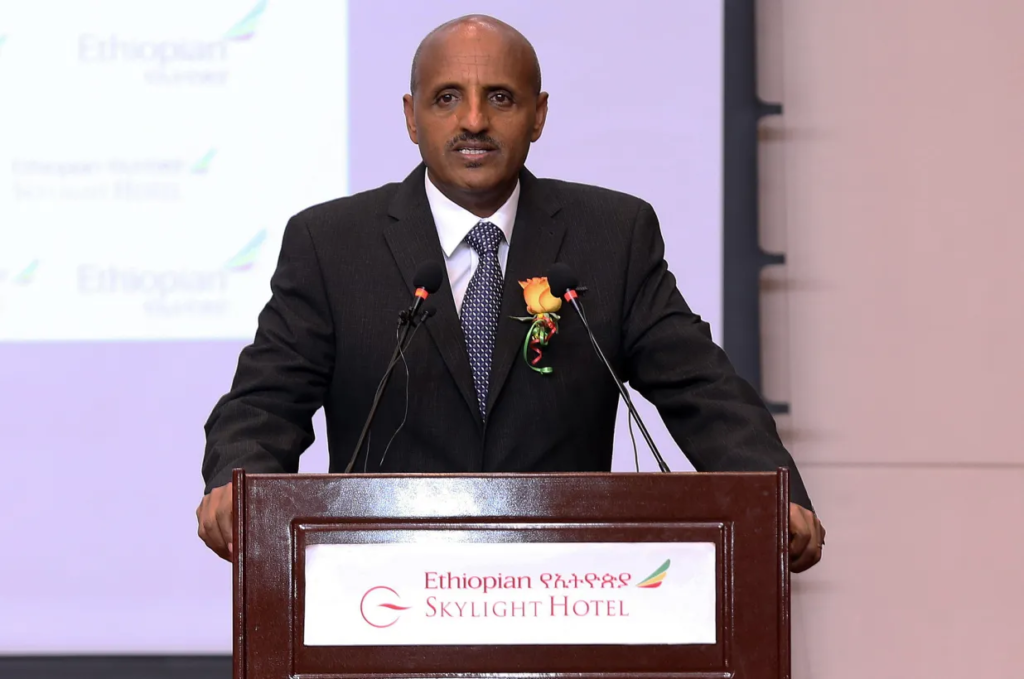In order to strengthen economic connections between Moscow and African countries, the Russia-Africa summit, which was conducted in the midst of the continuing geopolitical crisis between Russia and Ukraine, came to an end last week with pledges of debt forgiveness and food supply. While Western countries continue to distance themselves from Russia, a number of African governments have chosen a diplomatic neutrality strategy, retaining tighter ties with Moscow.
President Vladimir Putin’s declaration of debt forgiveness for African nations was the summit’s high point this year. Experts are divided on whether this will significantly persuade African countries to go to Russia for economic partnerships, though.
Ovigwe Eguegu, a policy expert, provided his perspective on the issue in this most recent episode of Business Africa with Nadia Colombe, arguing that debt forgiveness, while appreciated by some countries, may not be enough to change the perception of Russia on the continent.
Libyan grain market ‘unaffected’ thus far by the Russian-Ukrainian conflict
The Russian withdrawal from the Black Sea grain agreement and the Ukraine conflict haven’t had much of an impact on the Libyan grain market thus far. Libyan grain traders claim that the country’s grain trade has not been significantly impacted by the skyrocketing worldwide grain and fertilizer prices.
Regional experts exhort African nations to use this crisis as an opening to invest in resilient agriculture and food systems. African countries can improve food security and lessen the potential effects of global price changes by boosting domestic agricultural production and decreasing dependency on external supplies.
Kenya’s digital financial system is shaken by a cyberattack.
Kenya’s digital financial system recently took a hit from a cyberattack, so not all African news is good. Safaricom’s M-Pesa mobile service offering had a malfunction that affected daily financial transactions valued about $640 million. This cyberattack prompts worries about the region’s digital financial institutions’ susceptibility and requests for stronger cybersecurity measures.









